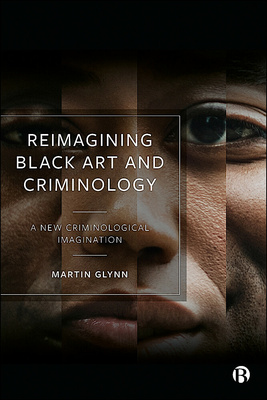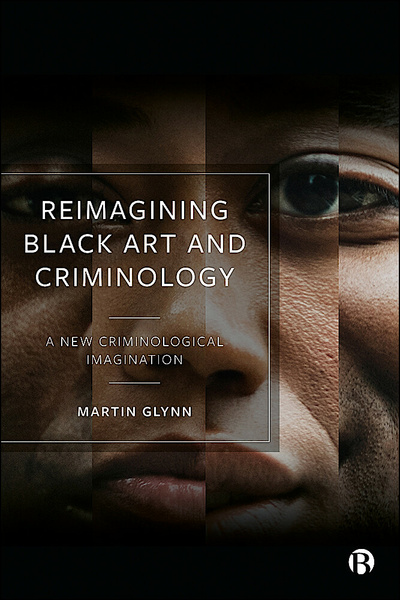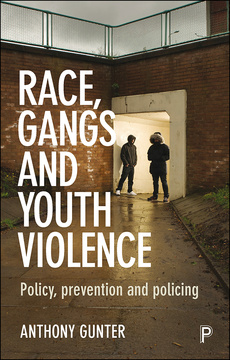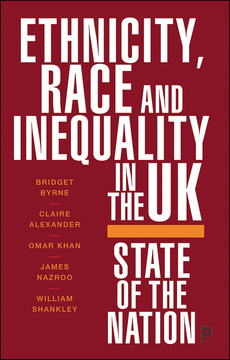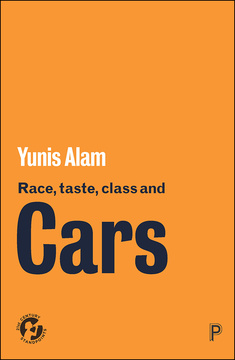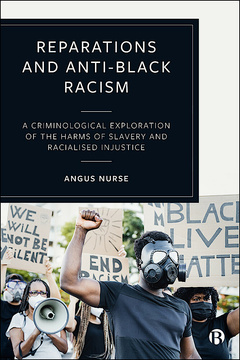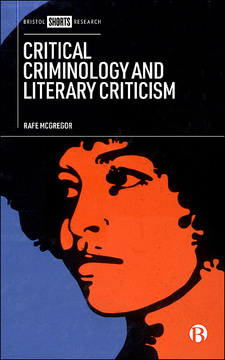Published
May 17, 2021Page count
208 pagesISBN
978-1529213935Dimensions
234 x 156 mmImprint
Bristol University PressPublished
May 17, 2021Page count
208 pagesISBN
978-1529213928Dimensions
234 x 156 mmImprint
Bristol University PressPublished
May 17, 2021Page count
208 pagesISBN
978-1529213942Imprint
Bristol University PressPublished
May 17, 2021Page count
208 pagesISBN
978-1529213942Imprint
Bristol University PressIf you would like to contact Martin Glynn for more information about his new book please email Martin.Glynn@bcu.ac.uk.
In the media
On our blog: We need radical new ways of seeing for the elimination of racial discrimination
It is time to disrupt current criminological discourses which still exclude the perspectives of black scholars.
Through the lens of black art, Martin Glynn explores the relevance black artistic contributions have for understanding crime and justice. Through art forms including black crime fiction, black theatre and black music, this book brings much needed attention to marginalized perspectives within mainstream criminology.
Refining academic and professional understandings of race, racialization and intersectional aspects of crime, this text provides a platform for the contributions to criminology which are currently rendered invisible.
“In this fascinating discussion of race and representation in crime narratives, Glynn perfectly captures the contemporary zeitgeist around Black Lives Matter and criminal justice. The world may finally be ready to listen to Glynn’s wisdom.” Shadd Maruna, Queen’s University Belfast
“Martin Glynn advocates for a long overdue reckoning in how criminology investigates race. His critique showcases the essential role of art in this reimagining and makes clear that the criminal-legal system must adopt new, progressive paradigms.” Katheryn Russell-Brown, University of Florida
Martin Glynn is a lecturer in Criminology at Birmingham City University and a Winston Churchill Fellow with over 35 years’ experience of working in criminal justice, public health, and educational settings. Martin is also the creator of ‘data verbalization’, a performative method for the dissemination of qualitative research.
Reimagining a Black Art Infused Criminology
The People Speak: The Importance of Black Arts Movements
Shadow People: Black Crime Fiction as Counter-Narrative
Staging the Truth: Black Theatre and the Politics of Black Criminality
Beyond The Wire: The Racialization of Crime in Film and TV
Strange Fruit: Black Music (Re)presenting the Race and Crime
Of Mules and Men: Oral Storytelling and the Racialization of Crime
Seeing the Story: Visual Art and the Racialization of Crime
Speaking Data and Telling Stories
Locating the Researcher: (Auto)-Ethnography, Race, and the Researcher
Towards a Black Arts Infused Criminology







